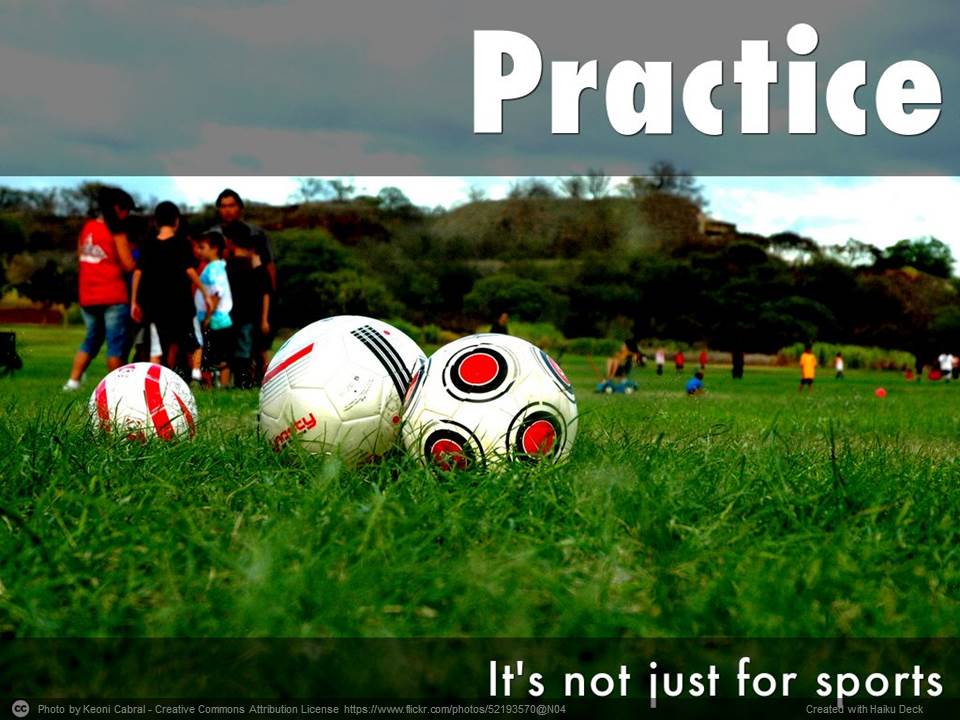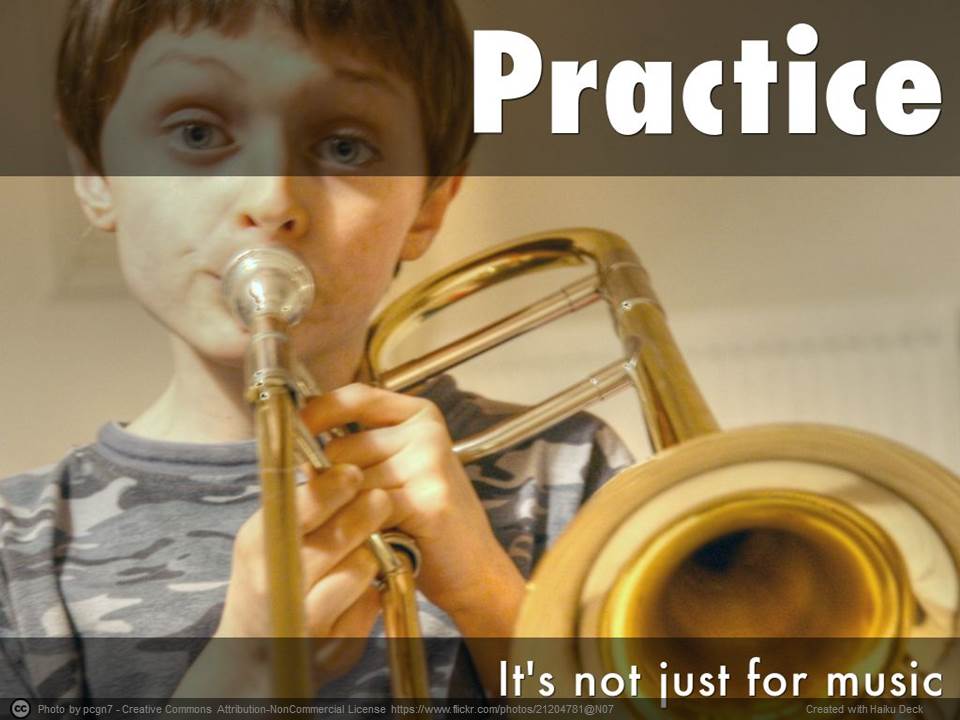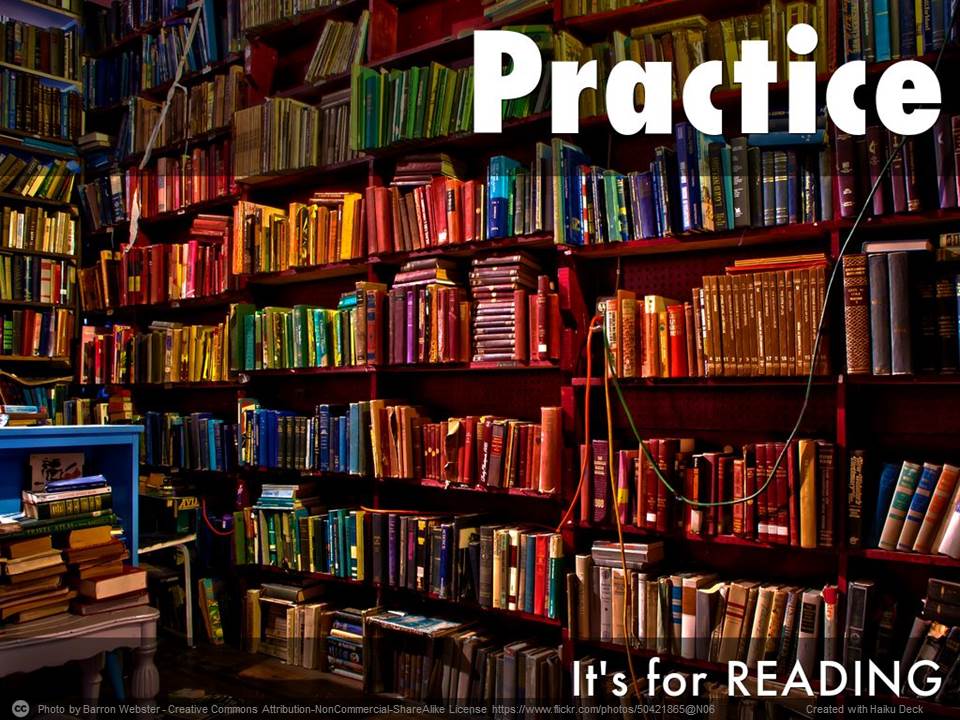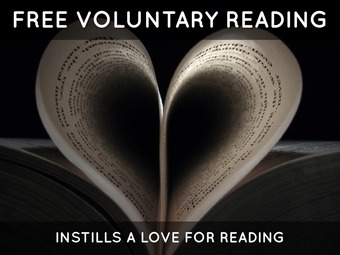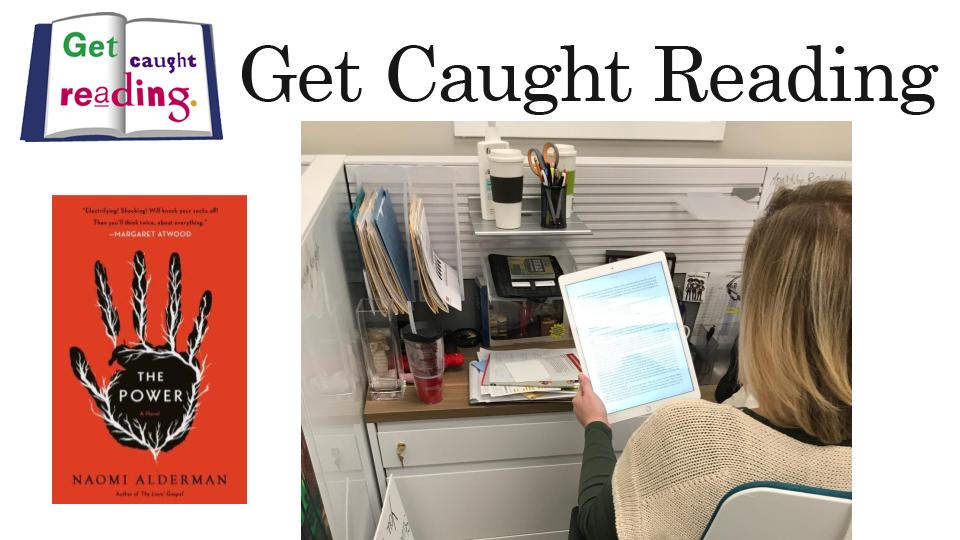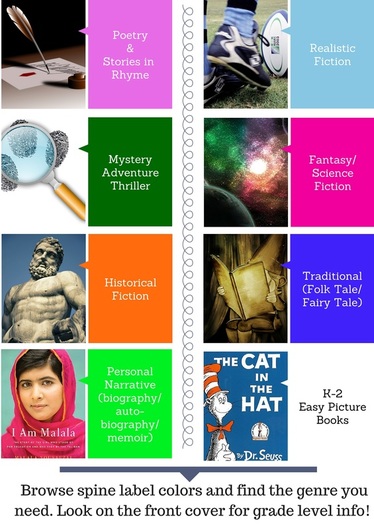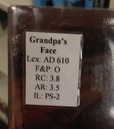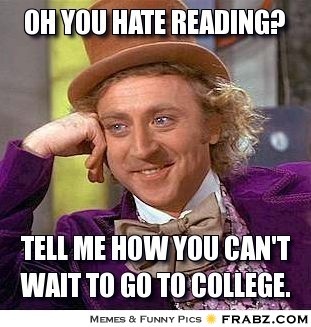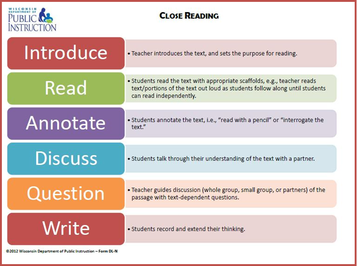|
Your browser does not support viewing this document. Click here to download the document.
Let's DOTSTORM about Gallagher's reasons to read! - Click here and share the reason you think is most important. Vote on up to three you think are really important! Do you plan to value Rigor, Relevance and Relationships? What about the 4 Cs - Communication, Collaboration, Critical Thinking and Creativity Culture of Reading at school - classroom libraries, short readings, data sets, inspiration for content:
Reading research clearly points to several characteristics of effective readers. They can:
|
Create your own "Get Caught Reading"
|
NCSU RESOURCES

CLCD - (http://clcd.com) the Children's Literature Comprehensive Database CLCD provides over 2.4 million Children's and Young Adult Literature records containing more than 520,000 professional reviews of children's books and awards listings. Also included are 330,000 and author illustrator links. Search by keyword, author, title and subject; and filter by reading level, age, grade and interest level; and then view, sort and distribute the resulting information. Teaching Tools are also available with links to hundreds of web sites with lesson plans and teaching guides. Students can save and organize their searches for immediate or future use. 
Novelist - a "reader's advisory" service to help you find books for students or yourself
STEM Award-Winning Trade Books
Science Book Awards to Search For: Sibert Informational Book Medal Outstanding Science Trade Books Orbis Pictus Award - nonfiction award Social Studies Awards to Search For:
Notable Social Studies Trade Books for Young People Carter G. Woodson Book Award Children's Africana Book Awards Coretta Scott King Award Jane Addams Children's Book Award NPR Books for Young Adults and the NPR Book Concierge - great starting points! |

Teaching Books (http://teachingbooks.net) - TeachingBooks is an online database of K-12 fiction and nonfiction book resources including instructional materials, author interviews, book guides, booklists, book trailers, book readings and more! Most useful for teachers wanting to find quality lesson plans, award-winning books, author information, etc. If needed, username: ncsucedmetrc and password: wolfpack 
Ebook Checkout Directions at NC State College of Education
Mackin eBooks (http://mackinvia.com) - These eBooks will be able to be searched and accessed through the NCSU library catalog but all can be browsed, searched, etc. at this link. To access on a mobile device, download the Mackin Via app. If needed, username: ncsucedmetrc and password: wolfpack Overdrive eBooks (http://ced.overdrive.com) - These K-12 fiction and nonfiction eBooks (as well as lesson planning and research books) are available to College of Education students. To checkout a book, you will use your NCSU ID number. Books can be read on desktop/laptop computers or mobile devices through the Overdrive, Kindle or Nook app as well as on eReaders.
Use text complexity/leveling labels on the front cover:
|
What are those teens really reading? Genres to get PUMPED about!
|
Fantasy/Science Fiction:
Dystopian Novels, Space: The Final Frontier, Technology Driven, Vampires/Ghosts/Critters, Paranormal Romance, Steampunk, some Horror, etc. Series are particularly possible. http://scottwesterfeld.com/
Realistic Fiction:
Historical Fiction, "Abuse"/Dark Fiction, Sports Fiction, Adventure Fiction, War Stories, High School Drama or Coming of Age, etc.
Young Adult Nonfiction
History, Science, Graphic Novels, Prison Stories, Crime/Forensics/Serial Killers, Tragedy, Sports, etc.
|
|
More Lists!
|
Current 10 Teen Books Most Mentioned on the Web:
Divergent by Veronica Roth The Hate U Give by Angie Thomas The Giver by Lois Lowry Turtles all the Way Down by John Green The Fault in our Stars by John Green Red Queen by Victoria Aveyard Looking for Alaska by John Green A Wrinkle in Time by Madeleine L'Engle Miss Peregrine's Home for Peculiar Children by Ransom Riggs Everything Everything by Nicola Yoon |
Top 100 Teen Books - NPR
Popularity vote and judging panel Harry Potter (series) bt J.K. Rowling The Hunger Game (series) by Suzanne Collins To Kill a Mockingbird by Harper Lee The Fault in our Stars by John Green The Hobbit by J.R.R. Tolkien The Cather in the Rye by J.D. Salinger The Lord of the Rings (series) by J.R.R. Tolkien Fahrenheit 451 by Ray Bradbury Looking for Alaska by John Green The Book Thief by Markus Zusak TAKE THE QUIZ! |
Most Popular YA Books on Goodreads
Hunger Games (series) by Suzanne Collins Divergent (series) by Veronica Roth Twilight (series) by Stephenie Meyer The Fault in our Stars by John Green Harry Potter (series) by J.K. Rowling The Mortal Instruments (series) by Cassandra Clare Percy Jackson Series by Rick Riordan Looking for Alaska by John Green The Perks of Being a Wallflower by Stephen Chbosky The Book Thief by Markus Zusak Eleanor and Park by Rainbow Rowell The Maze Runner by James Dashner Cinder by Marissa Meyer |
|
Amazon Best Sellers - Teens and Young Adult
The Fault in our Stars by John Green Hunger Games Series by Suzanne Collins Divergent Series by Veronica Roth The Martian: A Novel by Andy Weir The Book Thief by Markus Zusak The Harry Potter Series by J.K. Rowling Ender's Game by Orson Scott Card The Giver by Lois Lowry To Kill a Mockingbird by Harper Lee Wonder by R.J. Palacio The Maze Runner by James Dashner If I Stay by Gayle Forman |
New York Times YA Best Sellers
Paper Towns by John Green Looking for Alaska by John Green Me and Earl and the Dying Girl by Jesse Andrews The Book Thief by Markus Zusak Miss Peregrine's Home for Peculiar Children by Ransom Riggs The Fault in our Stars by John Green The Absolutely True Diary of a Part-Time Indian by Sherman Alexie An Abundance of Katherines by John Green Eleanor and Park by Rainbow Rowell Thirteen Reasons Why by Jay Asher |
New York Times Middle Grades Best Sellers
Wonder by R.J. Palacio The Isle of the Lost by Melissa de la Cruz Descendants by Rico Green A Long Walk to Water by Linda Sue Park Max by Boaz Yakin The Care and Keeping of You by Valorie Schaefer The Princess in Black by Shannon and Dean Hale Counting by 7s by Holly Goldberg Sloan Jurassic World by David Lewman Serafina and the Black Cloak by Robert Beatty The One and Only Ivan by Katherine Applegate Out of my Mind by Sharon Draper Goodbye Stranger by Rebecca Stead |
Curricular Considerations - How does YA play with the Common Core and text complexity? Can YA literature be rigorous (lexile/reading level and literary components) and can you defend it? Is YA literature only appropriate for reading for pleasure - what about in the classroom for actual study/close reading? Will YA be better "prepared" to deal with modern curriculum foci like global literature? YA doesn't fit all teaching situations but it is the best match for others - social responsibility, emotional connections/relationships, text relevancy (audience, time period references, etc.), reluctant readers/reader motivation, diversity in authors, personal connection/text relatability, literature circles and independent reading...what do you think?
How do you find the good stuff? The popular stuff?
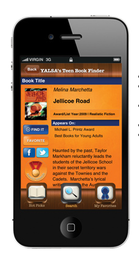
YALSA - the Young Adult Library Services Association is all about what kids really want to read. They have a variety of awards related to many different segments of Young Adult Literature as well as ways to use YA Lit and ways to find YA Lit. Check out their website and especially their Teen Book Finder.
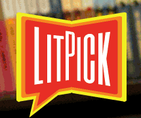
Litpick - online service with teen reviews of books. Teens can read book reviews by other young adults. Look for trends in YA literature and sign up to become a reviewer.
|
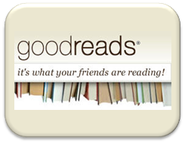
GoodReads - the Facebook of reading has reviews by students, top lists created by teens and more. Use GoodReads alone or in conjunction with a service like NoveList to find not just quality YA but popular YA that kids want to read. You will need to create an account to get things going. Consider a "teacher" account and a personal account if you plan on sharing lists with students or "friending" them on GoodReads.
If you are on the NCSU network, you can also click on "Libraries" and then "Find Text at NCSU" to find a book from GoodReads in the METRC collection. 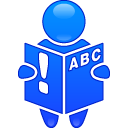
A list of eTexts via a LiveBinder - these are free texts available online that are geared towards young adults or searchable for young adult titles. It also includes "classics" that would not fit into the genre "Young Adult Literature"
|
Where to get your hands on YA Lit?
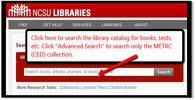
METRC and CED Overdrive (eBooks that you can check out on any device with your student ID number - Download the Overdrive and Kindle app first on a mobile device!)
Mackin Via - username ncsucedmetrc and password wolfpack Narrow your search of the NCSU Library system to the METRC library. Directions here! 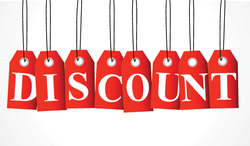
|
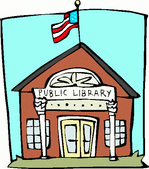
Public Libraries - Cameron Village and Public Libraries eBooks/Download Library
Teen Reading Resources from the Public Library. Public Library Annual Sale 
Amazon Kindle Daily Deals
BN Nook Books Under $5 Google Play - Google Books (good samples for read-aloud) |
Some additional resources/readings:
"How Young Adult Fiction Came of Age" from The Atlantic by D.B. Grady
Brenner, R. (2013). Teen literature and fan culture. Young Adult Library Services, 11(4), 33-36. Retrieved
from http://search.ebscohost.com/login.aspx?direct=true&db=a9h&AN=89132687&site=ehostlive&scope=site
Clemmons, K., & Sheehy, C. (2011). Science, technology, and YA lit. Science Teacher, 78(7), 42-45. Retrieved
from http://search.ebscohost.com/login.aspx?direct=true&db=a9h&AN=66001698&site=ehostlive&scope=site
Connors, S. P. (2013). Challenging perspectives on young adult literature. English Journal, 102(5), 69-73.
Retrieved from http://search.ebscohost.com/login.aspx?
direct=true&db=a9h&AN=87614780&site=ehost-live&scope=site
Kent, A. M., & Simpson, J. L. (2012). The power of literature: Establishing and enhancing the young
adolescent classroom community. Reading Improvement, 49(1), 28-32. Retrieved from
http://search.ebscohost.com/login.aspx?direct=true&db=a9h&AN=75059502&site=ehostlive&scope=site
Lesesne, T. (2010). Reading ladders: Leading students from where they are to where we'd like them to be. Portsmouth, NH: Heinemann
Moreillon, J., Hunt, J., & Ewing, S. (2009). Learning and teaching in WANDA wiki wonderland: Literature
circles in the digital commons. Teacher Librarian, 37(2), 23-28. Retrieved from
http://search.ebscohost.com/login.aspx?direct=true&db=a9h&AN=47500187&site=ehostlive&scope=site
Ostenson, J., & Wadham, R. (2012). Young adult literature and the common core: A surprisingly good fit.
American Secondary Education, 41(1), 4-13. Retrieved from http://search.ebscohost.com/login.aspx?
direct=true&db=a9h&AN=84030209&site=ehost-live&scope=site
Brenner, R. (2013). Teen literature and fan culture. Young Adult Library Services, 11(4), 33-36. Retrieved
from http://search.ebscohost.com/login.aspx?direct=true&db=a9h&AN=89132687&site=ehostlive&scope=site
Clemmons, K., & Sheehy, C. (2011). Science, technology, and YA lit. Science Teacher, 78(7), 42-45. Retrieved
from http://search.ebscohost.com/login.aspx?direct=true&db=a9h&AN=66001698&site=ehostlive&scope=site
Connors, S. P. (2013). Challenging perspectives on young adult literature. English Journal, 102(5), 69-73.
Retrieved from http://search.ebscohost.com/login.aspx?
direct=true&db=a9h&AN=87614780&site=ehost-live&scope=site
Kent, A. M., & Simpson, J. L. (2012). The power of literature: Establishing and enhancing the young
adolescent classroom community. Reading Improvement, 49(1), 28-32. Retrieved from
http://search.ebscohost.com/login.aspx?direct=true&db=a9h&AN=75059502&site=ehostlive&scope=site
Lesesne, T. (2010). Reading ladders: Leading students from where they are to where we'd like them to be. Portsmouth, NH: Heinemann
Moreillon, J., Hunt, J., & Ewing, S. (2009). Learning and teaching in WANDA wiki wonderland: Literature
circles in the digital commons. Teacher Librarian, 37(2), 23-28. Retrieved from
http://search.ebscohost.com/login.aspx?direct=true&db=a9h&AN=47500187&site=ehostlive&scope=site
Ostenson, J., & Wadham, R. (2012). Young adult literature and the common core: A surprisingly good fit.
American Secondary Education, 41(1), 4-13. Retrieved from http://search.ebscohost.com/login.aspx?
direct=true&db=a9h&AN=84030209&site=ehost-live&scope=site
